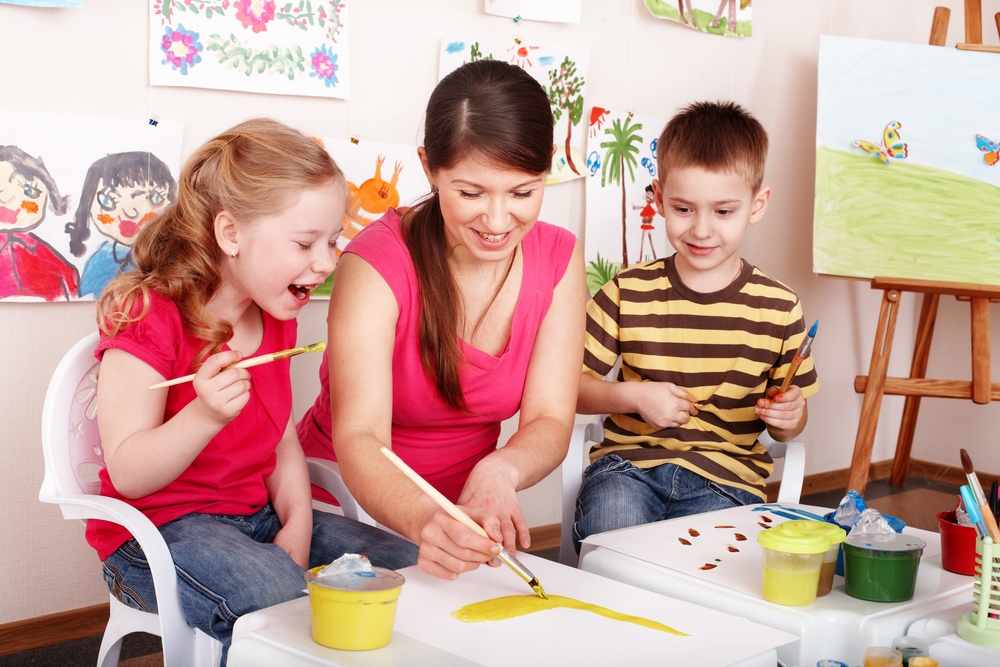Boosting Self-Esteem in Your Preschool Classroom
Video One: Boosting Self-Esteem
Why is boosting your students self-esteem so important?
Children who have good self-esteem feel valued, confident, proud of their work, and not only feel good about themselves, but are also more prepared to face future challenges.
If you want to set your students up for success, watch the following three videos to learn how you can boost your young student’s self-esteem.
Video Two: Praising Young Children
When children have positive self-esteem, they are usually more likely to make friends easily, not act out in class, and generally do well in school. If you encourage children’s self-esteem at a young age, children are more likely to grow up with a healthy, self-confident outlook that will be essential as they grow up.
It’s important to offer praise to your students, both publicly and in one-on-one situations. While it’s important for your students to understand and know when they are doing well, you need to remember not to overpraise them. Though it may seem unlikely, praising your students too much may do just as much harm as not praising them at all. If you praise them for everything, you are essentially lowering the bar for success in your classroom. Therefore, offer specific praise for what students are doing well in the early childhood education classroom.
Video Three: Be Mindful About Correcting Students
In the previous video we spoke about praising your students, but not too much, to build up their self-esteem. On the opposite spectrum, you should be careful about correcting your students as well.
While you are charged with educating your students, it’s important to be mindful about correcting your children’s mistakes, especially in front of other students. Whenever you interrupt or correct students, they may become less and less inclined the next time. Thus, hurting their self-esteem.
Instead, try taking them aside and gently correcting them, yet also assuring them at the same time. This way they will still learn and grow while not being afraid the express their thoughts.
Video Four: Be Mindful About Correcting Students
In the past two videos we discussed how important it is to not overpraise or overcorrect your students. While essential, you will always want to provide your students with other outlets. So, they can learn to take charge, and boost their own self-esteem.
One of the best ways to achieve this is through providing opportunities for your students to practice the skills they are good at. Whether they enjoy block play, learning to read, or numbers, you can boost their self-esteem by letting them thrive in these activities. Essentially, find out what interests your students, and then encourage them to succeed in those areas. This way, they will be more confident when it comes to tackling activities that they might not be as skilled at.
Want to learn more about social and emotional development in the preschool classroom?
Check out this great 1-hour course Activities that Promote Social and Emotional Development in Preschoolers. The preschool years are when children begin developing all of these skill sets that contribute to their social and emotional growth. This course will present ideas to encourage cooperative play, ideas to help children express emotions, and suggestions for how to conduct activities that can foster social and emotional growth.







